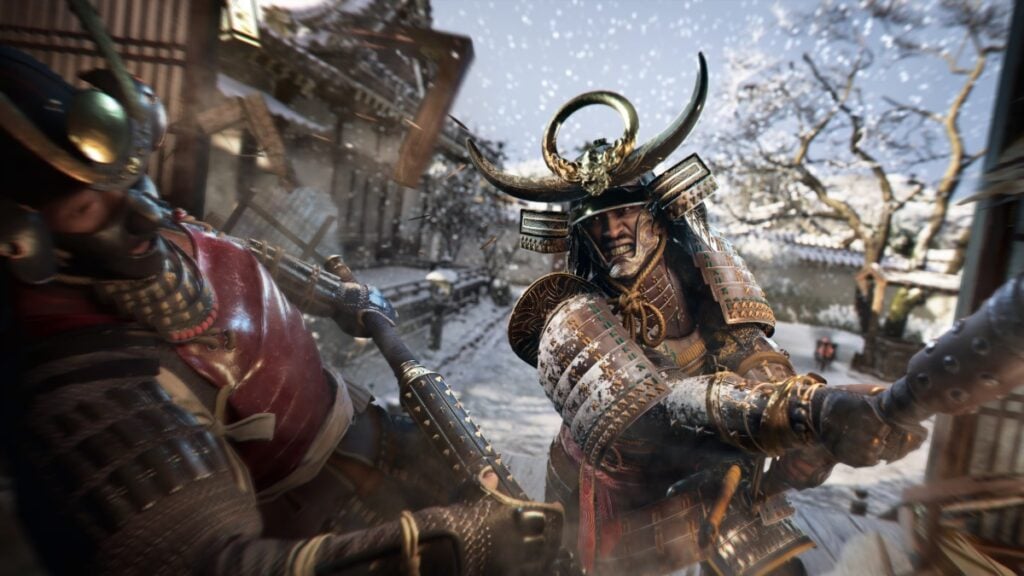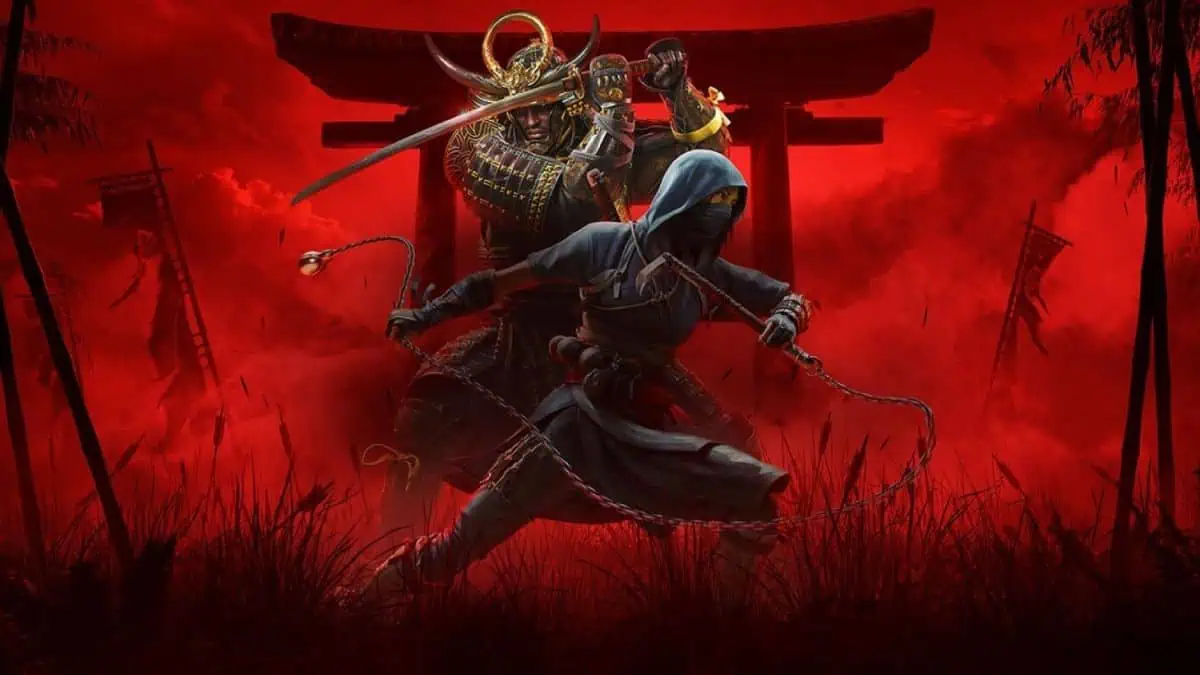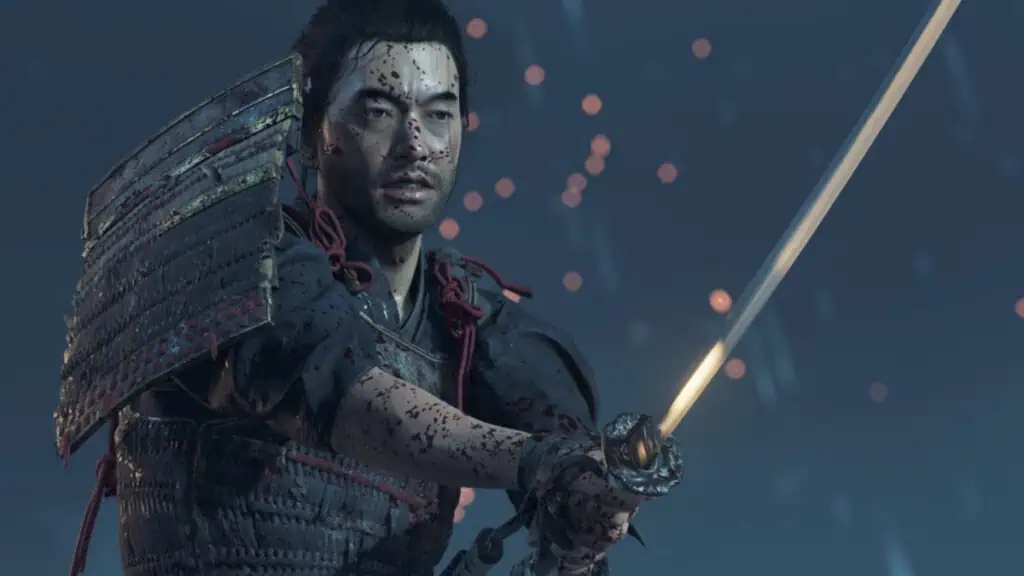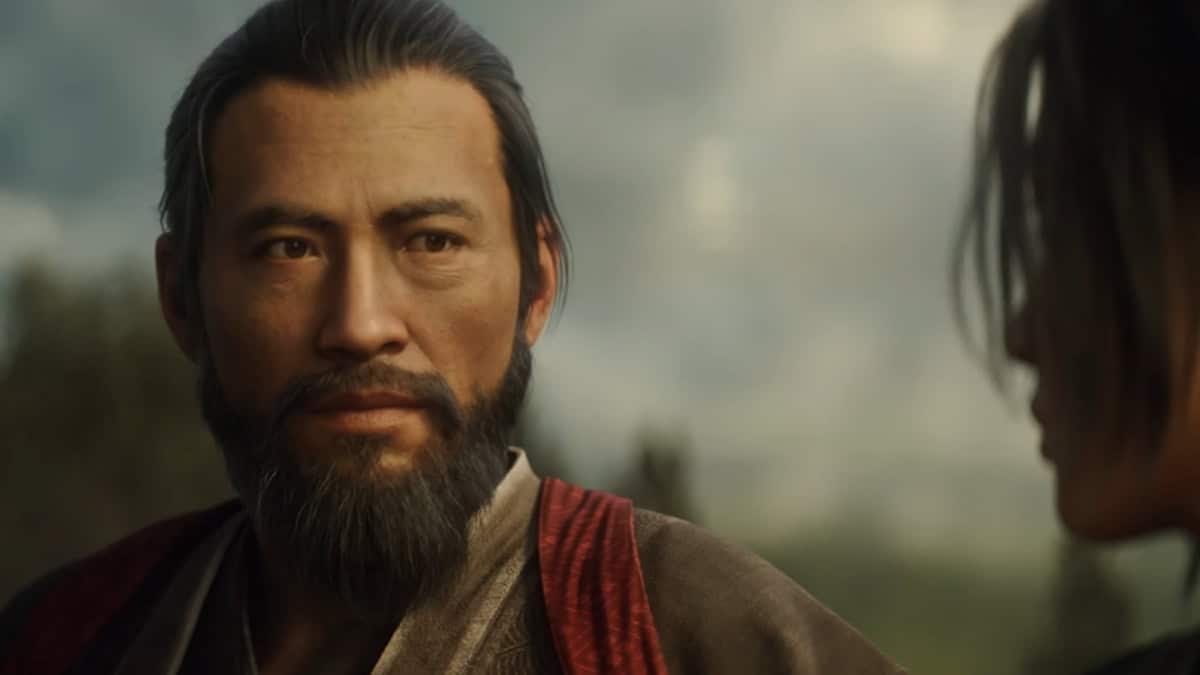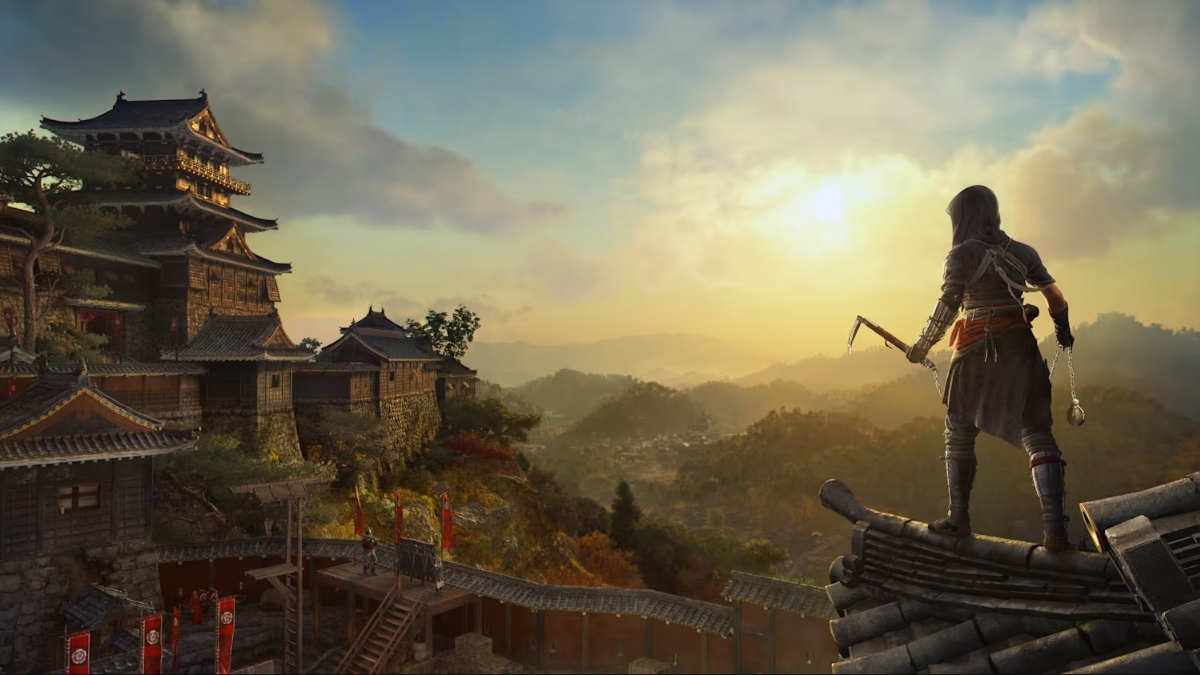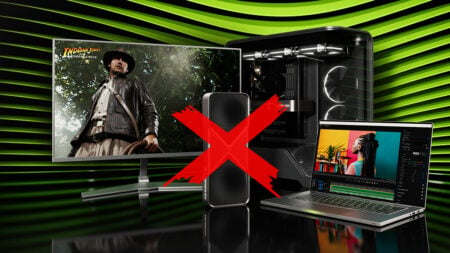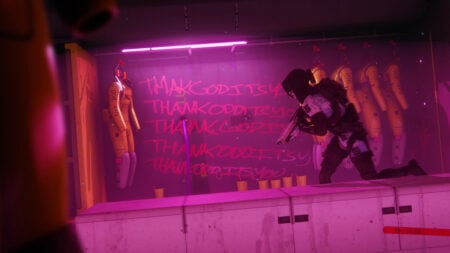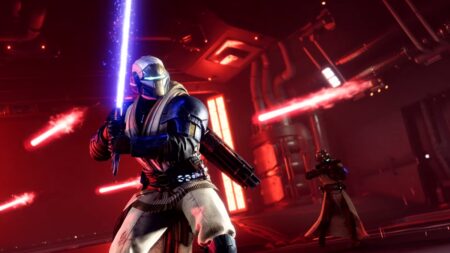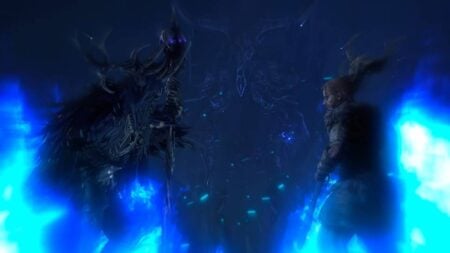Skip To...
Back in the good old days of gaming, specifically when we just played them without scrutinizing every tiny detail– like out-of-place fruits or flooring, we actually enjoyed games. With the advent of Assassin’s Creed: Shadows, however, it appears a specific subset of gamers now need historically accurate rocks on the dirt roads in their games, lest they be unplayable. I wish I were joking, but such is the state of the criticism for Assassin’s Creed: Shadows at the moment.
The harsh criticism for Assassin’s Creed: Shadows can even feel like nitpicking or criticizing for the sake of it and wouldn’t exactly be constructive. The absurd reactions began even earlier in 2024 as soon as the first few Assassin’s Creed: Shadows trailers dropped.
Back in June 2024, Ubisoft had to address people who were complaining that there were actually no square-shaped flooring mats in Japan because they were all rectangular at the time period (oh no!). So Ubisoft had to assure everyone that these “square-shaped mats” in the cinematic trailer, an affront to all of human history, will be rectangular in-game.
And here we are in the year 2025, the inane criticisms haven’t let up. I’m starting to think it’s not the fruit, mats, or cherry blossoms with which some of the critics are bothered. Such issues don’t even affect Assassin’s Creed: Shadows‘ general gameplay and integrity.
So let’s talk about the elephant in the room, Yasuke. He did exist and was given a stipend, a private residence, and even a sword under Oda Nobunaga’s employ. According to the conclusion of most historians, it’s reasonable that Yasuke was a samurai or at the very least a soldier.
In hindsight, that clarification doesn’t even that doesn’t matter, because Assassin’s Creed: Shadows is a work of historical fiction.
Other Historical Fiction Games are Also Guilty of Taking Liberties
In an attempt to be objective, let’s take a look back at a fair comparison for Assassin’s Creed: Shadows, which is none other than Ghost of Tsushima (again). Both are historical fiction games that use some of history as the framework for their “what-if” stories.
Even the whole premise of Ghost of Tsushima is built on historical inaccuracy. The Bushido code or honor for samurai wasn’t really formalized until the 1600s, so there goes the premise of honor-vs-brutality in Ghost of Tsushima.
Jin’s uncle thus didn’t have the right to have him executed. The game’s negative connotation for using dishonorable tactics against invaders was at best an exaggeration and most likely just a homage to Akira Kurosawa’s films like Sanjuro.
The Uchigatana, which is generally known as the “katana” that Jin Sakai and other samurai/ronin use in the game didn’t even enter common use until well after 1274 AD or Ghost of Tsushima’s period.
It might have even been the Mongol invasion that led to the development and widespread use of the katana since the Tachi, the standard sword at the time, was ineffective against Mongol armor. Then there’s Haiku– it didn’t even exist until the 17th century.
You know who also didn’t exist in real life? Jin Sakai. He mostly serves as a personification of the typhoons that crushed the Mongol invasions. The point is if Ghost of Tsushima gets a pass for taking liberties with its historical fiction, Assassin’s Creed: Shadows should also get the same treatment, without the silly nitpicking about minor historical details.
Why Do Assassin’s Creed Games Need Strict Historical Accuracy Anyway?
Even without the comparison to the most praised historical fiction game about medieval Japan, Assassin’s Creed games have always maintained that they’re works of fiction. Most of them even explicitly state this either in the trailer or before the main menu.
The very notion of the Animus itself in Assassin’s Creed, which is a machine that interprets historical data based on DNA, already concludes the argument. Whatever the Animus renders is not meant to be accurate. That very well means Ubisoft can do what they want with Assassin’s Creed and sticking to some semblance of historical accuracy is just a bonus.
As a counterpoint to the objection about the choice of protagonist, picking an out-of-place figure like Yasuke could be one of the few things that would insulate the game from being accused as a Ghost of Tsushima clone.
The common issue for some people was that out of all the potential Japanese samurai who existed in Japan, why choose the foreigner as the hero? Well, you could make the same complaint for the highly successful Nioh, Disney+’s Shogun, or The Last Samurai. All of those are historical fiction as well (save for Nioh, which leans more on Japanese fantasy).
So perhaps it’s not the fruit, cherry blossoms, the square mats, or Yasuke that might drag down Assassin’s Creed: Shadows, but maybe the prejudiced scrutiny of people who can’t see past their biases. Regardless, a lot of developers’ futures are riding on Assassin’s Creed: Shadows and this is a time when constructive criticism is needed more than petty mockery.

